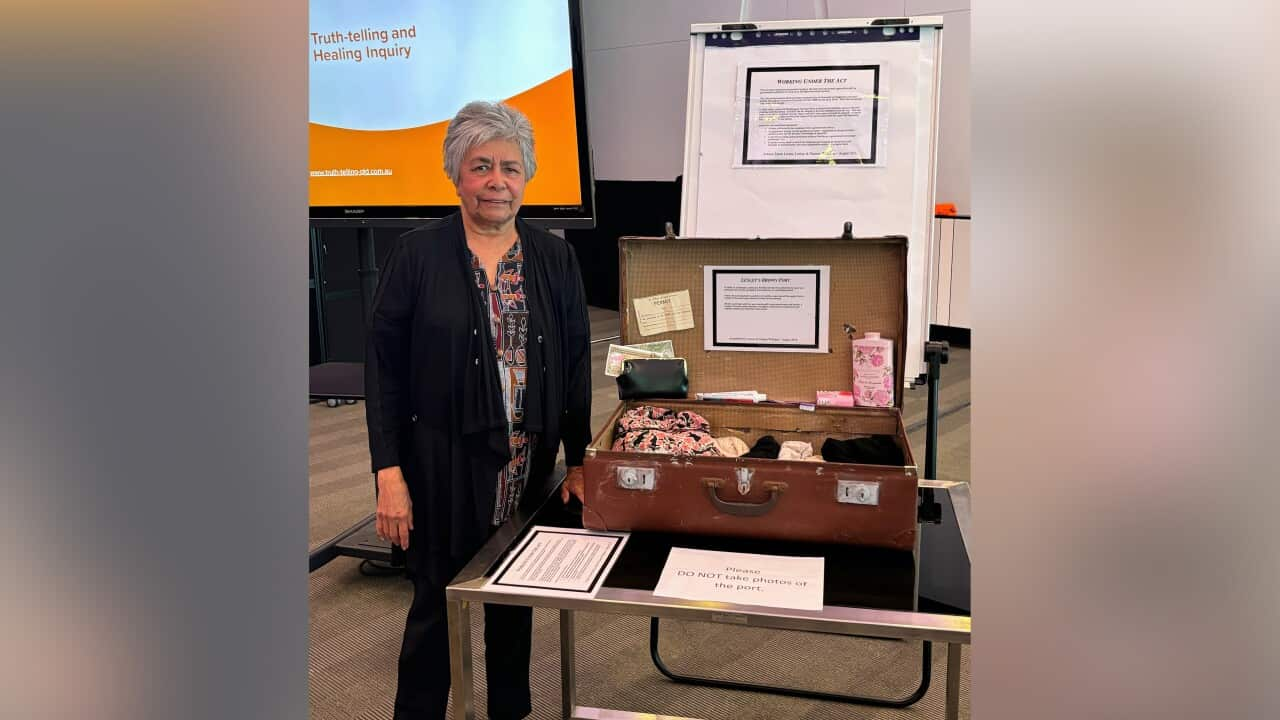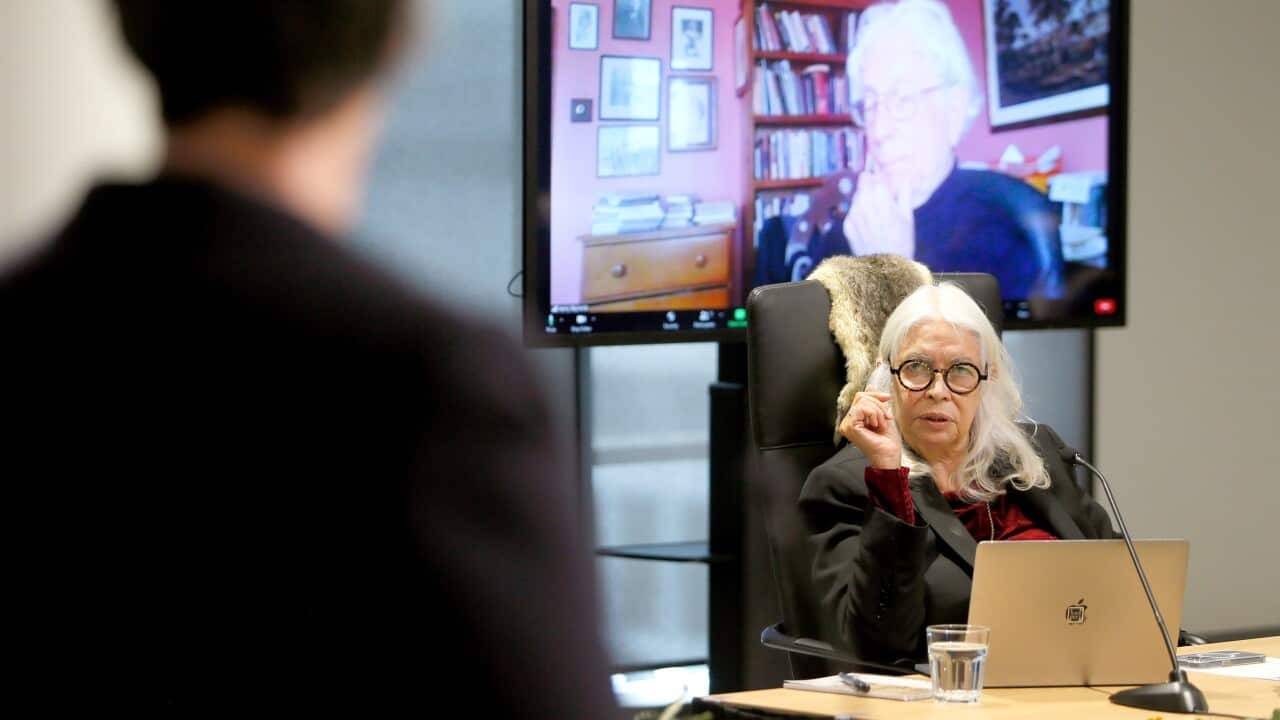As Catholic communities around the world mourn the death of Pope Francis, many Aboriginal and Torres Strait Islander peoples are responding with a complex mix of grief and reflection—mourning a global figure who showed promise, but also reflecting on the silences that remain around the Church’s role in historical injustices.
For some, he was a figure of hope—one who sought to elevate Indigenous voices on the global stage.
For others, his passing renews calls for truth, recognition, and healing within the Catholic Church in Australia.
A personal grief: Miriam Rose’s story
For Dr. Miriam-Rose Ungunmerr-Baumann AM, a Nauiyu Elder and respected educator, the Pope’s death was not just a global headline—it was personal.
“It was a shock for me,” she said.
“I said, ‘Oh no.’ The next thing is, they might ask me to go to Rome again. I want to go. I’d love to be there.”
Her relationship with the Church is complex. As a Catholic and a survivor of the Stolen Generations, she recalls her sister being taken away by the Church and government policies.
“She missed out on growing up with us. Why should they have taken her? Her parents were here. Her community was here.”
She also remembered an encounter with one of his predecessors, Pope John Paul II, in 1986 and feeling seen and heard.
“He held my hand for more than five or ten minutes… I gave him a painting and he was happy. I felt that he knew who we were.”
'A beacon of hope': Dr. Lisa Buxton on Pope Francis’s legacy
Dr. Lisa Buxton, Executive Officer of the Aboriginal Catholic Ministry in the Archdiocese of Sydney, says the loss of Pope Francis is deeply felt among First Nations communities.
“The first reaction was deep sadness on many levels,” she said.
“Pope Francis was a beacon of hope for First Nations communities around the world. He was a humble, gentle man who advocated for our right to preserve our culture and identity.”
She said what stood out about his leadership was how he encouraged people to really listen, include those who were marginalised, and genuinely value Indigenous ways of seeing the world.
“He encouraged people to listen deeply and to bring people from the margins into the centre. That’s something many Aboriginal people can identify with.”
for the Church’s role in residential schools - - many in Australia hoped he would extend a similar gesture here.
“I think a lot of communities still hoped that would have happened. Sadly, it didn’t happen in time for us.”
The changing relationship between First Nations communities and the Catholic church
Gomeroi woman and ACU Pro Vice-Chancellor Indigenous, Kelly Humphrey, sees the rise in Aboriginal and Torres Strait Islander Catholics as part of a broader shift in how faith and culture intersect.
“There’s a growing number of Aboriginal Catholics in Australia,” she explained.
There’s a connection between our spirituality and Catholic values—kindness, compassion, and care for country.”
She praised Pope Francis for being a voice for the forgotten.
“He was the Pope who loved the people the world forgot,” she said.
“His apology to our Canadian brothers and sisters was uncomfortable, but he did it. He walked into hard spaces because it was the right thing to do.”
She also pointed to his acknowledgement of Pope John Paul II’s 1986 address in Alice Springs, and his focus on Indigenous voices during the Amazon Synod.
“He valued the wisdom of Indigenous people in shaping the Church’s future. That resonated even here, in Australia.”
Pope Francis also made headlines for his vocal condemnation of the genocide in Gaza and his support for Palestinian people, often referring to them as Indigenous to the land and calling for justice and peace.
A shared sadness, a shared hope
Dr Buxton said Indigenous Catholics everywhere are feeling a shared sorrow.
“I’ve seen the responses on social media from First Nations people around the world,” she said.
“There’s a deep respect for him, a recognition of his efforts.
”As for what comes next, there is hope for a new chapter—one where the Church continues to walk alongside Indigenous peoples," Dr. Buxton said.
“We are still here,” said Miriam Rose. “And we’re still waiting.”








